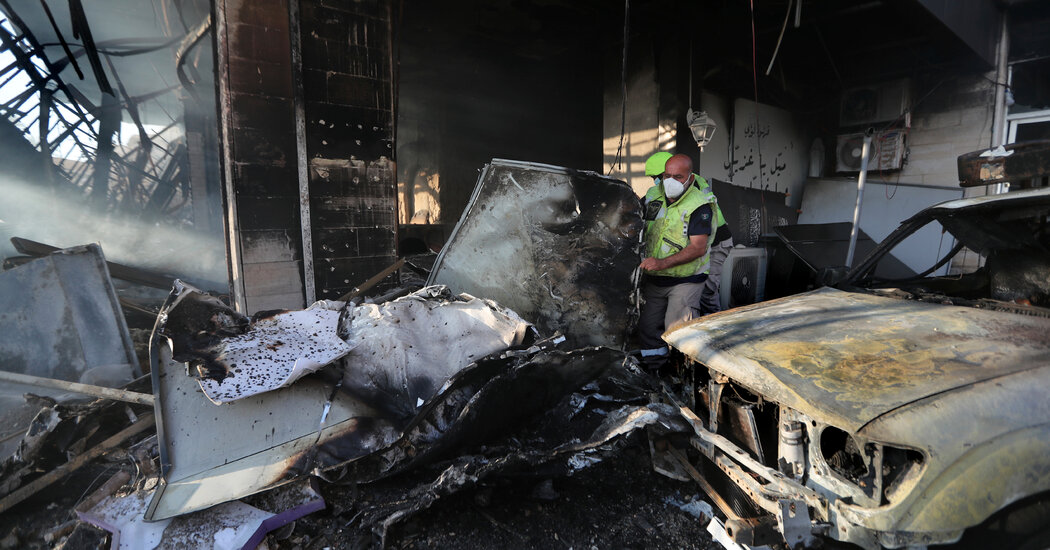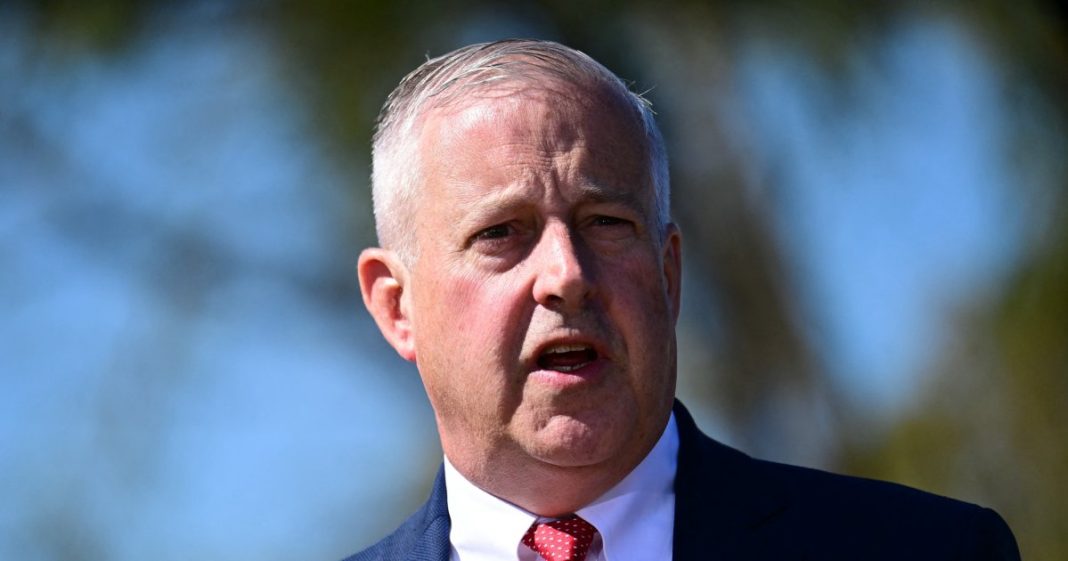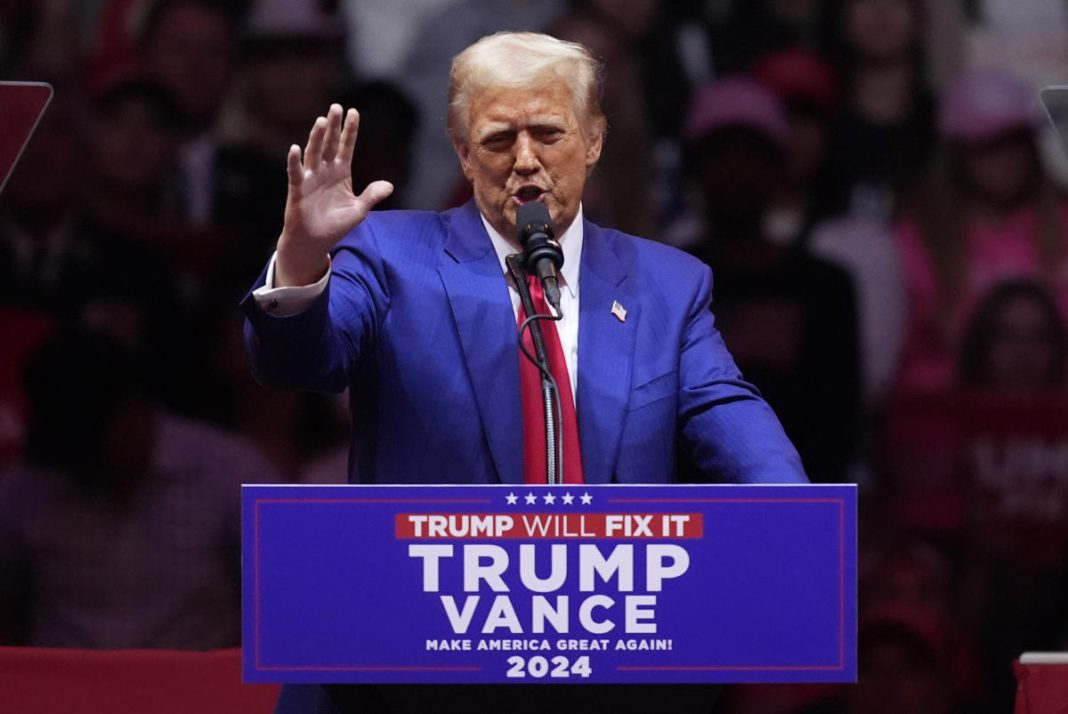Israel Takes Center Stage in Middle East Conflict, Leaving U.S. on the Sidelines
As the dust settles from Israel’s recent military strikes against Iran, a significant shift in the geopolitical landscape of the Middle East is becoming increasingly evident. Analysts and former diplomats agree: Israel is now calling the shots, while the United States finds itself relegated to a supporting role. This change marks a departure from decades of U.S. dominance in the region, where it has historically positioned itself as the key player in shaping events, often with mixed results.
For years, whether on the battlefields of Iraq or in the hallowed halls of Camp David, the U.S. has seen itself as the primary architect of peace and stability in the Middle East. However, as Israel intensifies its military operations against adversaries like Hezbollah in Lebanon and Hamas in Gaza, President Biden’s influence appears to be waning. Instead of leading peace negotiations or military strategies, Biden is now primarily engaged in damage control, trying to manage the fallout from Israel’s aggressive actions.
Interestingly, some U.S. diplomatic efforts have had an impact. For instance, Israel has reportedly heeded American warnings against targeting sensitive nuclear sites in Iran, a move that could have escalated tensions even further. However, more ambitious initiatives, such as U.S.-led negotiations for a ceasefire with Hamas, have failed to yield any significant breakthroughs. The absence of a comprehensive plan to de-escalate the situation raises concerns about the potential for a wider conflict that could engulf the region.
Prime Minister Benjamin Netanyahu’s strategy seems clear: he aims to leverage the momentum from the October 7 Hamas attacks to decisively weaken Israel’s enemies. Supporters of this approach argue that it presents a rare opportunity to reshape the precarious dynamics of the region. Critics, however, warn that Israel is escalating the conflict without a clear vision for what comes next, potentially leading to further instability.
Vali R. Nasr, a former State Department official, highlights a troubling dynamic: the junior partner in the U.S.-Israel alliance—Israel—is now driving the agenda, leaving the United States scrambling to respond. This shift has not gone unnoticed by global rivals like China and Russia, who may interpret America’s inability to rein in Israel as a sign of weakness, potentially emboldening their own ambitions on the world stage.
As the situation unfolds, the U.S. has already deployed warships to the Mediterranean and sent commandos to assist Israel in its military efforts. This involvement raises the specter of the U.S. being drawn deeper into another long-term conflict in the Middle East, a scenario that many experts believe could have dire consequences.
Adding to the complexity is the backdrop of an impending U.S. presidential election, which is adding layers of uncertainty to American foreign policy. With the election just days away, Vice President Kamala Harris and former President Donald Trump are both navigating the delicate balance of supporting Israel while addressing the concerns of their respective voter bases. Harris has faced challenges on the campaign trail due to the Biden administration’s unwavering support for Israel, while Trump has expressed strong backing for Israel’s military actions, despite past tensions with Netanyahu.
The careful calibration of Israel’s recent strikes suggests a strategic approach aimed at maintaining options ahead of the election. A more aggressive stance could risk souring relations with a potential Harris administration, while a Trump victory might embolden Israel to take bolder actions against Iran.
Historically, moments of upheaval in the Middle East have sometimes paved the way for diplomatic breakthroughs. However, the current conflict is marked by a unique set of challenges, including the brutal nature of the recent Hamas attacks and the uncertain leadership in key countries. Iran’s response has been cautious, reflecting its own internal struggles, while Netanyahu’s government faces pressures from far-right factions that may complicate peace efforts.
In conclusion, while there may be a glimmer of hope for regional stability, the path forward remains fraught with challenges. The interplay of military action, political uncertainty, and shifting alliances will undoubtedly shape the future of the Middle East. As the world watches, the question remains: can the U.S. regain its footing as a pivotal player, or will Israel continue to dictate the terms of engagement in this volatile region?



